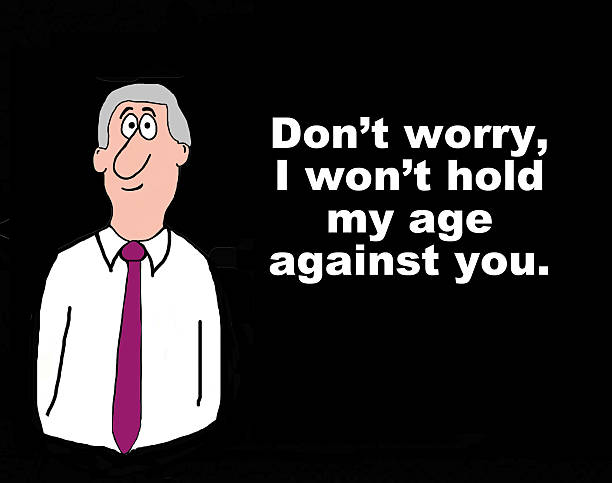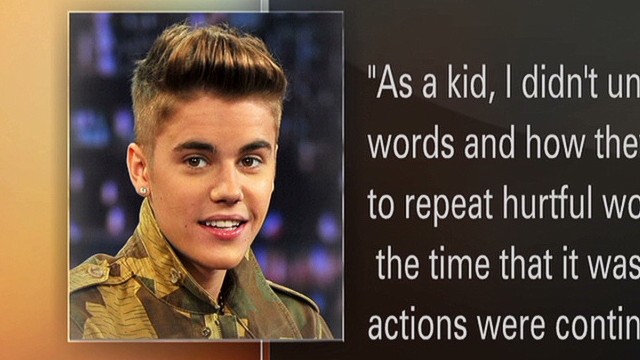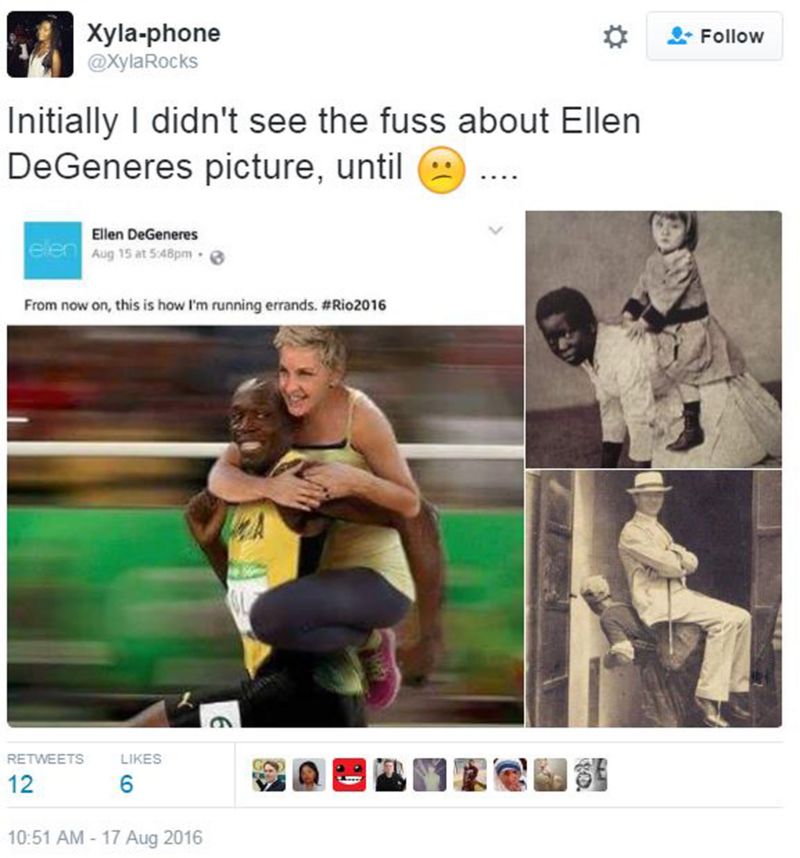Racist Jokes
Exploring the landscape of humor often brings us to some rather uncomfortable places, especially when it touches upon subjects like racist jokes. These sorts of remarks, you know, they really get people talking, sparking quite heated discussions across many different groups. It’s a curious thing, how a simple string of words can, in a way, highlight so much about what we think and feel about others, and how our societies are put together.
So, it's almost as if these types of jokes, the ones that target someone's background or heritage, act like a sort of mirror, reflecting back to us some deep-seated differences and shifts in how folks view race. You see, people are, in some respects, starting to look at these things a bit more closely, really trying to grasp what makes a joke harmful and why it sticks with us.
This conversation, therefore, isn't just about whether something is funny; it's also, arguably, about the ripple effect these words have, and what they tell us about our shared experiences. We're going to take a closer look at these sorts of humorous expressions, considering the various viewpoints and the impact they carry, especially when they bring up racial themes.
Table of Contents
- The Nature of Racist Humor - What's the Point?
- The Personal Impact of Racist Jokes - Why Do They Matter?
- Thomas Ford - A Closer Look at the Effects of Racist Jokes
- Understanding Online Spaces and Racist Jokes
- The Role of Stereotypes in Racist Jokes
- Seeking Change - Moving Beyond Racist Jokes
- The Broader Conversation Around Racist Jokes - How Do We Talk About Them?
- Final Thoughts on Racist Jokes - Where Do We Go From Here?
The Nature of Racist Humor - What's the Point?
When people talk about humor, especially humor that aims to poke fun at someone's background, it usually brings up a whole host of questions. You might hear someone ask, "What is the most offensive joke you can think of?" or even, "What do you call a tree full of hung people of African descent?" These kinds of inquiries, you know, they really push the boundaries of what many consider acceptable to say out loud. They bring to light a certain curiosity, or perhaps a challenge, to societal norms regarding what is considered funny and what is simply hurtful. The very act of posing such a question, in a way, invites a discussion about the limits of speech and the boundaries of what is considered acceptable in a public setting.
Some folks, you see, might believe that once you look past someone's skin color, or their outer appearance, their race no longer holds any importance. This viewpoint suggests a kind of colorblindness, a wish for a world where such differences simply fade away. However, it's also a perspective that, in some respects, can sometimes overlook the real-world experiences and challenges that people from different racial backgrounds still face. The idea that race "no longer matters" might, arguably, unintentionally dismiss the historical and ongoing impact of racial biases and prejudices that are still very much a part of our daily lives. So, while the sentiment might come from a good place, it doesn't always quite grasp the full picture of how race shapes individual lives and group experiences.
Then there's the question that comes up quite a bit: "What's your favorite joke that makes fun of someone's race?" This query, it really gets to the heart of personal preference when it comes to humor that might be seen as offensive. People often have a go-to humorous story or remark that they find amusing, even if others might find it rather troubling. This personal selection of a "favorite" shows how varied individual tastes can be, and how some people might find amusement in things that others would find deeply disrespectful. It points to the idea that what one person considers a harmless bit of fun, another might see as something that causes real pain or discomfort. It's a bit of a tricky area, really, trying to understand why some jokes stick with people more than others, especially when they touch on sensitive topics.
The Personal Impact of Racist Jokes - Why Do They Matter?
When we talk about the impact of these sorts of humorous expressions, it's clear they can stir up quite a bit of feeling. Some people find that certain racial jokes are just mean-spirited ways to make fun of a specific group of people, and that, you know, really is a form of unfair treatment. These are the kinds of remarks that seem to be crafted with the clear intention of putting someone down, or making them feel less worthy, simply because of their background. They are, in a way, expressions of unkindness disguised as humor, and their aim is often to cause discomfort or to reinforce negative ideas about a particular group. It's pretty clear that when humor is used as a weapon, it stops being playful and starts being something that causes real harm.
On the other hand, some other racial jokes aren't about making fun of a specific group, but rather, they might be trying to highlight something else, or maybe even challenge a commonly held idea. This is a bit of a fine line, as it can be hard to tell the difference. For instance, a joke might seem to be about a certain group, but its true aim, arguably, could be to comment on societal expectations or to expose a broader absurdity. The difficulty, however, is that even if the intention isn't to be unkind, the impact can still be quite negative. What one person views as a clever observation, another might experience as a painful reminder of prejudice. It's a rather tricky area to navigate, trying to figure out the true purpose and effect of these sorts of remarks.
Consider, too, the idea of humor that targets transgender people. It's often said that jokes about this group are difficult to get right because humor that focuses on groups often relies on commonly held, sometimes hurtful, ideas about them. For example, you could make a joke about people of Asian descent being good at mathematics, and while that might seem like a lighthearted observation to some, it's still based on a widely known, and often limiting, idea about a group. The issue is that these kinds of jokes, you know, they can reinforce ideas that aren't always fair or accurate, and they can make people feel as if they are being reduced to a single characteristic rather than being seen as whole individuals. It's a really sensitive area, trying to use humor without inadvertently causing offense or perpetuating harmful ideas.
Thomas Ford - A Closer Look at the Effects of Racist Jokes
One of the most interesting talks a person might attend, when thinking about humor and its broader effects, could be one given by someone like Thomas Ford. He's a specialist in the human mind from Western Carolina University, and he has spent time looking into how humor that targets someone's gender or race really affects people. His work, you see, tries to figure out how these types of humorous expressions land on individuals, and what kind of lasting marks they might leave. It's pretty important, actually, to have someone carefully look at these things, because it helps us grasp the real-world consequences of words, even when they are said in jest. His studies, arguably, shed light on the deeper currents of how humor can shape our feelings and even our ways of thinking about others.
Thomas Ford's contributions to understanding humor's impact are rather significant. His studies don't just stop at observing; they really dig into the mechanisms by which seemingly harmless jokes can, in some respects, normalize or even encourage harmful attitudes. He helps us see that the chuckles and laughter that come from these kinds of remarks might, sometimes, come at a cost to those being targeted. It's a bit like, you know, how a small stone thrown into a pond can create ripples that spread far and wide. His research, quite simply, helps to make clear that humor isn't always just fun and games; it can also be a powerful tool that shapes our social interactions and perceptions, for better or for worse.
Thomas Ford - Personal Details and Biographical Information
| Detail | Information |
|---|---|
| Profession | Psychologist |
| Affiliation | Western Carolina University |
| Area of Study | Effects of sexist and racist humor on individuals |
| Research Focus | Understanding the psychological impact and societal implications of humor that targets gender and race. |
| Contributions | Insights into how humor can shape attitudes and behaviors related to prejudice and discrimination. |
Understanding Online Spaces and Racist Jokes
When we look at online places, like certain discussion boards, you'll find that people often ask for others to share their "best black humor" or even "racist jokes." It's pretty common, actually, for individuals to say, "I've got a few myself," showing that these kinds of humorous stories are shared and exchanged within these digital communities. These online spots, you know, they can become places where people feel a bit more free to express things they might not say face-to-face, sometimes leading to the spread of content that many would find deeply upsetting. The ease of sharing and the sense of being anonymous can, in some respects, make it seem like there are fewer consequences for posting remarks that might be considered offensive or hurtful.
You also see situations where new comments cannot be posted, and votes cannot be cast on certain topics or threads. This usually means that the people who manage these online communities have stepped in to stop the discussion, perhaps because it's gotten out of hand or broken certain rules. It's a way, you know, to try and keep things from getting too heated or too offensive, and to maintain some sort of order in a place where anyone can contribute. This act of closing down comments is a clear sign that even in open online spaces, there are limits to what is allowed, and that certain types of content, like particularly harsh racist jokes, are sometimes deemed unacceptable by the community's overseers. It highlights the ongoing struggle to balance freedom of expression with the need for a respectful and safe environment for all participants.
Some online areas are even called "the funniest sub on Reddit," boasting hundreds of jokes posted each day, with some of them apparently not even being repeated. This really points to the sheer volume of content that gets shared in these digital hangouts, and the constant search for new things that bring a chuckle. It

90+ Funny Racist Jokes Stock Photos, Pictures & Royalty-Free Images

ath Bieber racist joke apology_00003312.jpg

Why do some people think this meme is racist? - BBC News